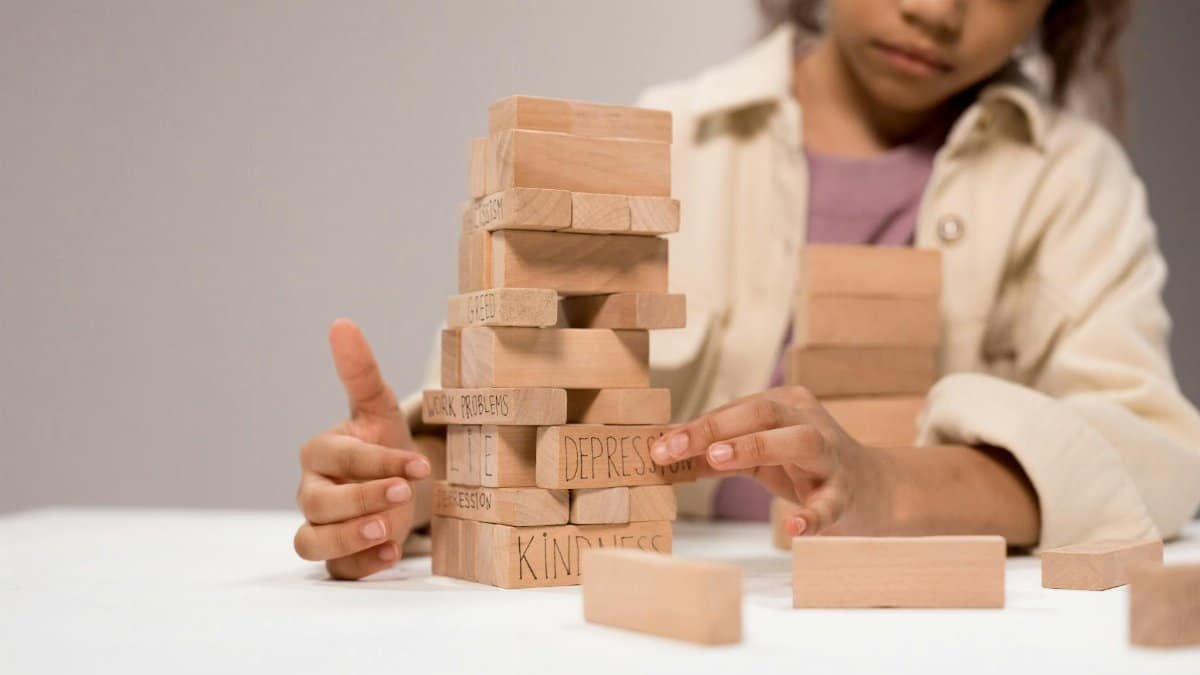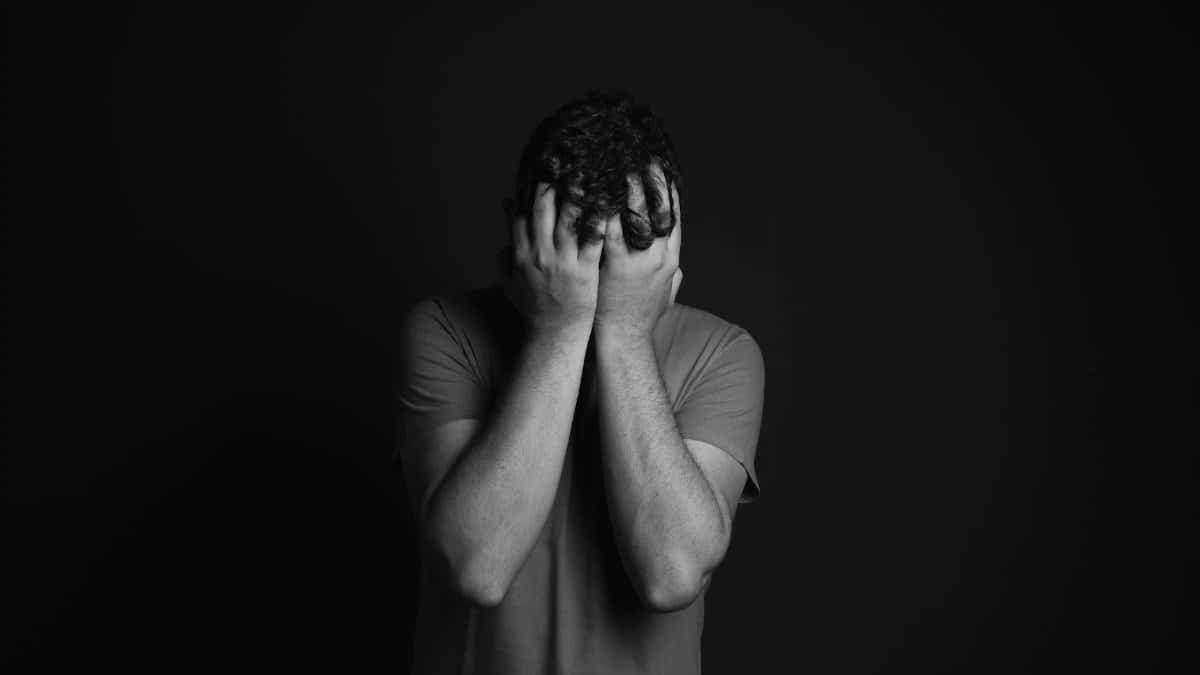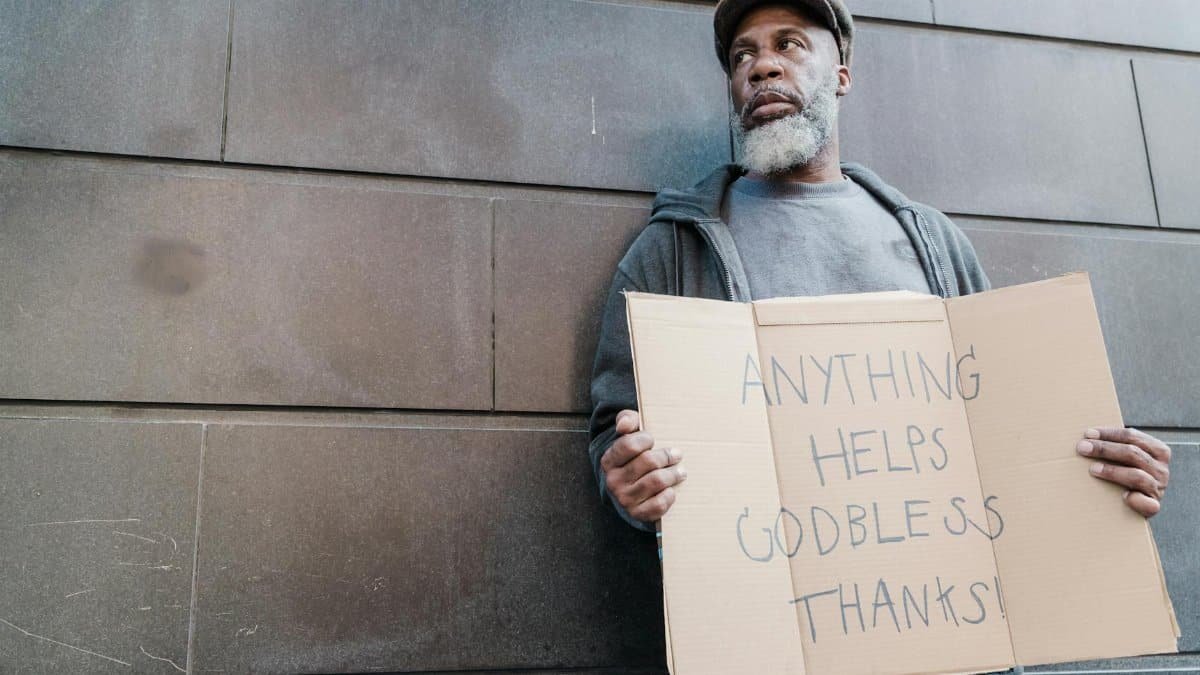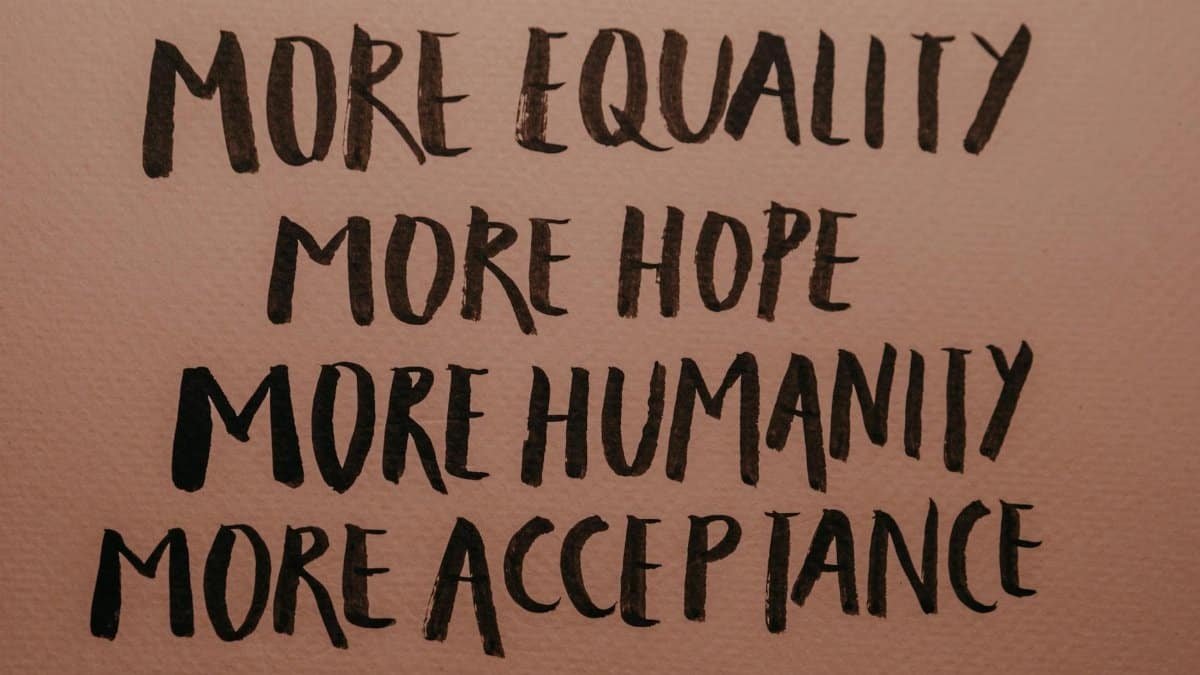Is gratitude when depressed really as impossible as it feels? For millions battling the weight of depression, the idea of feeling thankful can seem like a cruel joke. The fog of low mood often blocks out the good, making even small wins feel invisible. Yet, mental health experts argue that practicing gratitude, even in tiny doses, can shift perspectives over time. This isn’t about forcing positivity—it’s about finding a crack in the darkness. Here’s why it’s so hard and one practical way to start breaking through.
Why Depression Blocks Gratitude

Depression rewires how the brain processes emotions, often dimming the ability to notice or appreciate positive moments. According to research from the National Institute of Mental Health, depression can reduce activity in areas tied to reward and pleasure, making gratitude feel like a foreign concept. It’s not just a matter of “trying harder”—the struggle is rooted in biology. For many, this creates a vicious cycle: feeling ungrateful fuels guilt, which deepens the depressive spiral.
The Guilt of Not Feeling Thankful

When society pushes gratitude as a cure-all, those with depression can feel even worse for not getting there. Social media doesn’t help, with endless posts about “blessings” that can make personal struggles feel like failures. Therapists note that this pressure often backfires, adding shame to an already heavy load. The key isn’t to force gratitude when depressed, but to understand that the block is a symptom, not a personal flaw.
How Gratitude Can Still Help

Even if it feels unreachable, small acts of gratitude can slowly rewire thought patterns. Studies from Harvard Medical School suggest that noting just one or two positive things daily can, over weeks, improve mood by shifting focus from negatives. It’s not a quick fix—depression doesn’t vanish with a thank-you note—but it’s a tool. The trick is starting smaller than you think, without the pressure of big emotions.
Learn more about the science behind this at Harvard Health Publishing.
One Exercise to Break Through

Forget grand gestures. Try this: each night, write down one thing that wasn’t terrible about your day. It could be a warm coffee, a kind word, or just getting out of bed. Don’t aim to “feel” grateful—just note it. Research from the University of California, Berkeley, shows that consistent, low-pressure exercises like this can build resilience over time. It’s less about emotion and more about habit.
Explore more on gratitude practices at Greater Good Science Center.
Why Small Steps Matter

Depression thrives on all-or-nothing thinking, so expecting full-blown gratitude right away sets you up for frustration. Micro-actions, like the exercise above, bypass that trap. They don’t demand joy or energy—just a moment of acknowledgment. Over time, these tiny shifts can create space for bigger feelings, or at least lessen the weight of despair. Mental health experts stress patience: progress isn’t linear, especially when battling a clinical condition.
When to Seek More Support

If even small steps feel impossible, that’s a sign to reach out. Gratitude when depressed isn’t a standalone solution—therapy, medication, or support groups often play a crucial role. The National Alliance on Mental Illness reports that over 20 million Americans experience depression yearly, and most benefit from combined approaches. Don’t hesitate to contact a professional if the burden feels too heavy to lift alone. You’re not failing; you’re human.
